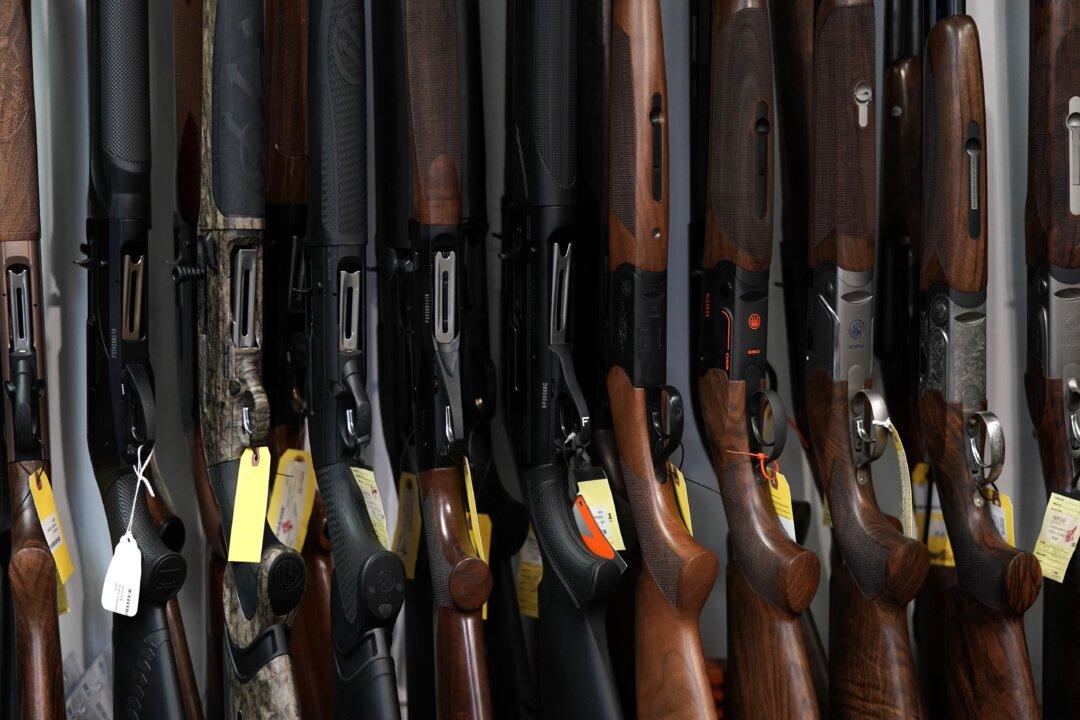The New York law that enables the confiscation of guns from people who haven’t committed a crime is unconstitutional, a state Supreme Court judge has ruled.
This red flag law, or the Extreme Risk Protection Order law, lets individuals—including police officers—petition a court to allow the seizure of firearms from a person they believe poses a threat to themselves or others.





